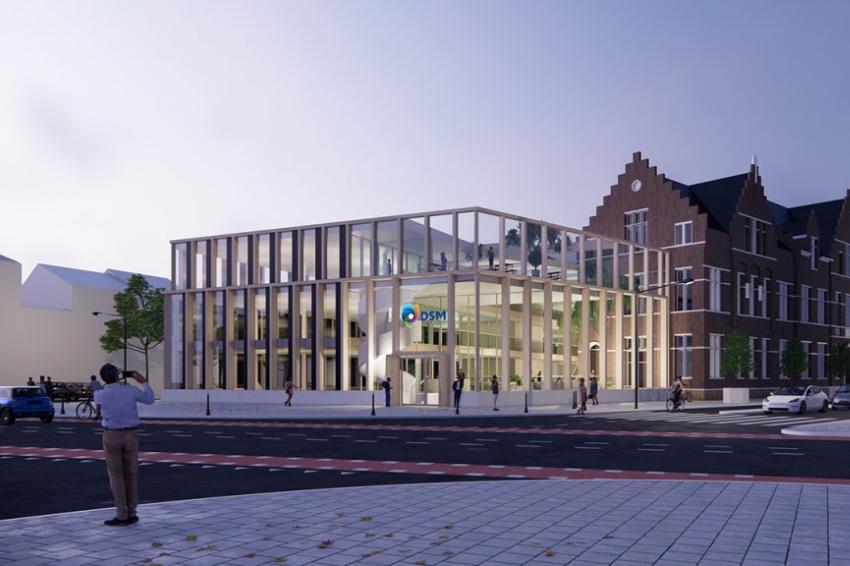DSM Builds Feed Additive Plant in Scotland
Early last month, DSM received full regulatory approvals for Bovaer in Brazil and Chile. While it has initial commercial volumes available for near-term market development, the Dutch group said the extra output from the Dalry plant will be needed to prepare for further scale up in the coming years.
Reducing methane emissions is critical to achieving the Paris Agreement target of a maximum rise of 1.5°C in the earth’s temperature. Among other sources of methane emissions, those from cows have also come under the spotlight. DSM said more than 50% of emissions from milk production comes from enteric methane emissions from cows. The company claims its Bovaer feed additive can cut these emissions by roughly 30%.
“We are looking forward to offering a scientifically proven effective solution to the challenge of methane emissions by farming. As food systems and climate crisis are intrinsically linked, addressing the challenge of sustainable animal farming for a healthy planet is pivotal,” said co-CEOs Geraldine Matchett and Dimitri de Vreeze.
Brazil partnership with JBS
DSM has also linked up with Brazil-based JBS, the world’s largest meat processing company, to jointly implement Bovaer in the beef production chain. JBS will use the supplement to significantly improve the greenhouse gas footprint of its beef production operations.
“We are developing a major action plan to reduce the company's entire carbon footprint, and this partnership with DSM will contribute not only to our plans but for the whole sector in this complex issue of methane emissions,”said Gilberto Tomazoni, global CEO of JBS.
The companies have defined an end-to-end program to develop, build and test the supplement in JBS' operations. Initially, the additive will be provided to cattle feedlots. After six months, the tests will be expanded to a second market, which could be the US or Australia, two of JBS’s biggest operations worldwide.
Author: Elaine Burridge, Freelance Journalist





